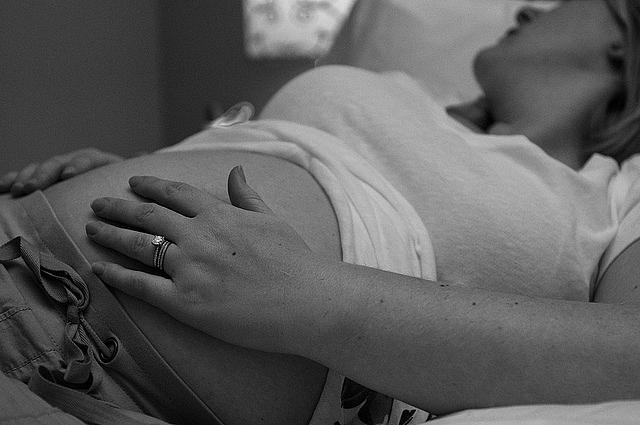In Texas, lack of prenatal care perpetuates alarming health disparities

In 2012, I wrote a daily story for the San Antonio Express-News about an alarming public health problem in the city: the high rates of babies being born with syphilis.
Congenital syphilis, which develops when infected mothers transmit the sexually transmitted disease to the baby in the womb, can lead to premature birth and low birth weight, incurable disabilities, or stillbirth.
Public health authorities were frustrated by the phenomenon, particularly because syphilis is easily detectable through a blood test and easily treated with a shot of penicillin. It became clear that one of the causes was lack of sufficient prenatal care among some communities in Bexar County.
I wanted to know more. Further reporting revealed high rates of pregnant women receiving no or late (after the first trimester) prenatal care. As many as 50 percent of mothers in some zip codes in the county received no or late prenatal care in 2013.
I will be examining the factors contributing to the disparities in prenatal care in San Antonio and possible solutions as my National Health Journalism Fellowship project. Health begins in the womb, and this community health issue disproportionately affects underserved communities and handicaps children before they’re even born.
Babies of mothers who do not get prenatal care are three times more likely to have a low birth weight and five times more likely to die than those born to mothers who do get care — not to mention a higher risk of being born with congenital syphilis.
Women who don’t seek prenatal care are more likely to deliver preterm babies who are at a higher risk of lifelong health complications including intellectual disabilities, cerebral palsy and breathing problems.
Some studies suggest that premature infants are more likely to have health problems as adults, such as high blood pressure, diabetes and heart disease. Premature births also have a financial impact. Preventing premature births in San Antonio could mean an annual savings of up to $222 million, according to the March of Dimes.
In Bexar County, low-income women and women of color are less likely to receive adequate prenatal care and more likely to have negative birth outcomes. The women receiving the least amount of proper medical care are often the ones who need it the most. Levels of hypertension are higher among African Americans, and obesity and diabetes are most common among Mexican-Americans. Those conditions can affect the health of the baby.
I will be looking at lack of access to care, health insurance issues, immigration issues, cultural and social barriers to care and other factors.
In October 2014, San Antonio Metropolitan Health District’s Healthy Start program received a $9.7 million five-year grant from the federal Health Resources and Services Administration to fight infant mortality and health problems related to pregnancy. The San Antonio program is partnering with the March of Dimes to improve the health of babies and their mothers. I’m eager to determine whether the programs funded by this grant will have a positive effect.
[Photo by Big D2112 via Flickr.]

